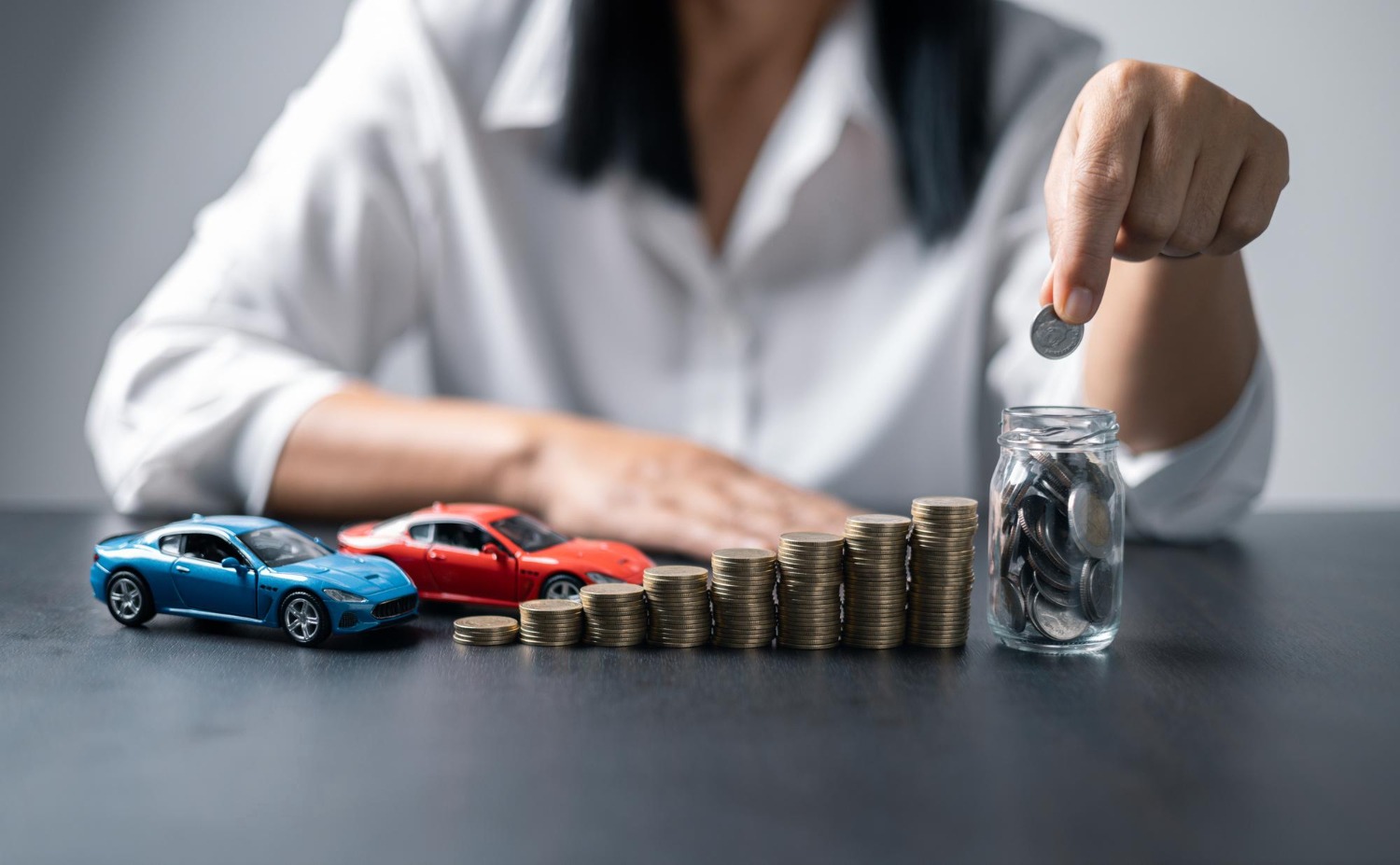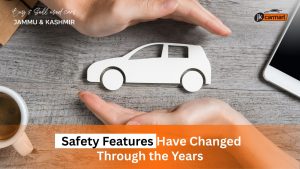Buying a car remains a dream for many. Owning a car sounds like freedom. Long drives, Road trips with family, no hassle of cab booking, or running errands without having to haul grocery bags in the rain. But here’s the thing that nobody tells you: car ownership can become a nightmare if you don’t get your basics right.
From shady sellers, mountains of paperwork, and unplanned maintenance costs, your “freedom” can become a blackhole of time and money.
Let’s get it sorted. I have created an easy, step-by-step guide on how to buy a car in India hassle-free, and save your time and money:
Ask yourself why you need a car.
Don’t purchase a car because your neighbour has one. You should first ask yourselves the following questions to be clear about which car would suit your needs.
- Is it for regular commutes within the city or for weekend road trips?
- How many people will be travelling regularly?
- What’s your running monthly? (Less than 50 km/day? Petrol or EV could work for you. Frequent highway usage? Use diesel.)
- What’s your parking situation?
- Selecting the right model of vehicle that fits your needs lowers fuel efficiency, parking hassle, and unnecessary stress about EMI.
Set a Budget and stick to it.
You have to understand that you won’t just be paying the car’s price. A car comes with many additional costs, which could derail your budget, such as
- RTO Registration Fees
- Insurance (mandatory)
- Road Tax
- Fastag
- First year service, accessories
- Fuel and maintenance buffer
Tip: In case you’re taking a loan, try to keep the EMI under 15-20% of your monthly income. This helps you in preventing budget problems in the future.
New vs Second-Hand
Buying a new car provides assurance with a complete warranty and the latest features, but it is more expensive upfront and depreciates the moment you drive it off the dealership lot.
On the other hand, a second-hand car can let you buy a higher-priced model or brand within your budget, and you also do not pay the huge first-year depreciation fee, which helps you save lakhs at the time of purchase.
But you should always check the vehicle for
- Service history
- Have the vehicle checked by a trusted mechanic
- Verify RC, insurance documents, and PUC
- Verify if there is any pending hypothecation loan
- Purchasing from a good second-hand car dealer or a certified pre-owned channel helps minimise risks.
Step-by-Step Buying Process
- Research and Shortlist:
- Look for cars in your budget and compare them online
- Think about mileage, servicing cost and resale value
- Read and research user reviews, and not just ads by the company.
- Test Drive
Do not miss this out. Take it for a drive on the city roads, over speed breakers, and in crowded parking lots to determine if it does indeed feel good to you past the promises in the brochure. You get to experience the comfort of the seats, how the brakes and steering feel, how it handles bumps and traffic flow, and whether the engine sound or transmission vibration annoys you. It also helps you catch any odd noises or issues if it’s a used car. A test drive saves you from buying a car that looks good on paper but annoys you every day on the road.
- Negotiate for the right deal.
Do not shy away from negotiating with dealers on;
- Ex- showroom Price
- Free insurance for the first year
- Basic accessories (floor mats, mud flaps)
- Extended warranty deals
- If you’re buying a second-hand car, negotiate on the basis of repairs required.
- Documents You Will Need
For new vehicles:
- Aadhaar Card
- PAN Card
- Passport-Sized photos
- Bank loan documents ( if applicable)
- Form 20 for registration
- Insurance documents
For second-hand vehicles:
- Original RC
- Form 29 & 30 (transfer documents)
- NOC from ex-financer if financed
- Current insurance
- PUC certificate
- Road tax receipt
- Always ensure that the engine number and chassis number match the RC.
5. Registration and Insurance
Registration is generally handled by the dealer. But you will have to:
- Verify RC details on delivery.
- Verify insurance
- Highway Fastag is mandatory; most dealers help with it.
Things to keep in mind on the Delivery day
- Check for scratches and dents on the exterior.
- Verify toolkit, spare tyre and user manual are delivered
- Verify fuel level
- Verify that the registration number and insurance documents are done.
- Take a photo of the odometer reading upon delivery.
Smart ownership Tips to save Money and Time
- Regular Maintenance: Adhere to your vehicle’s Maintenance schedule; delaying oil change or servicing will cost more in the long term. Use authorised service centres for cars covered by warranty.
- Keep Tyres at Proper Pressure: Driving a car with Under-inflated tyres reduces mileage and wears out faster. Check them once a month.
- Drive Carefully: Rough braking, over-speeding, and sudden accelerations waste fuel and can damage your vehicle.
- Avoid Unnecessary Accessories: Avoid buying unnecessary chrome kits or large alloy wheels if you’re on a budget.
- DIY Small Checks and learn to: Check tyre pressure, monitor engine oil level, keep your battery terminals clean. All this will save unnecessary service visits.
Plan Insurance Renewals Smartly
Compare insurance quotes before renewal. Use can use online platforms to get better rates. If your car is older, consider a third-party policy to save money.
Have Documents Ready
Keeping soft copies of these documents will save you time during verification and in emergencies:
- RC
- Insurance
- PUC
- Driving License
Resale Planning from Day One
A clean, serviced, and dent-free car is a better resale in the future. Save all service bills securely.
Conclusion
Buying a car does not have to drain you financially or psychologically. If you:
- Understand why you need it,
- Choose the right model that suits your budget and needs
- Carefully do all the paperwork
- Maintain and service it regularly
It’ll take you to road trips with family, weekend escapes, and work runs with no concealed headache waiting around every bend. Keep in mind that a car is a tool for your existence, not existence itself. If you plan it, it will grant you freedom, not debt or regret. Drive safely, appreciate the freedom, and spend the money and time you save on something worthwhile.





